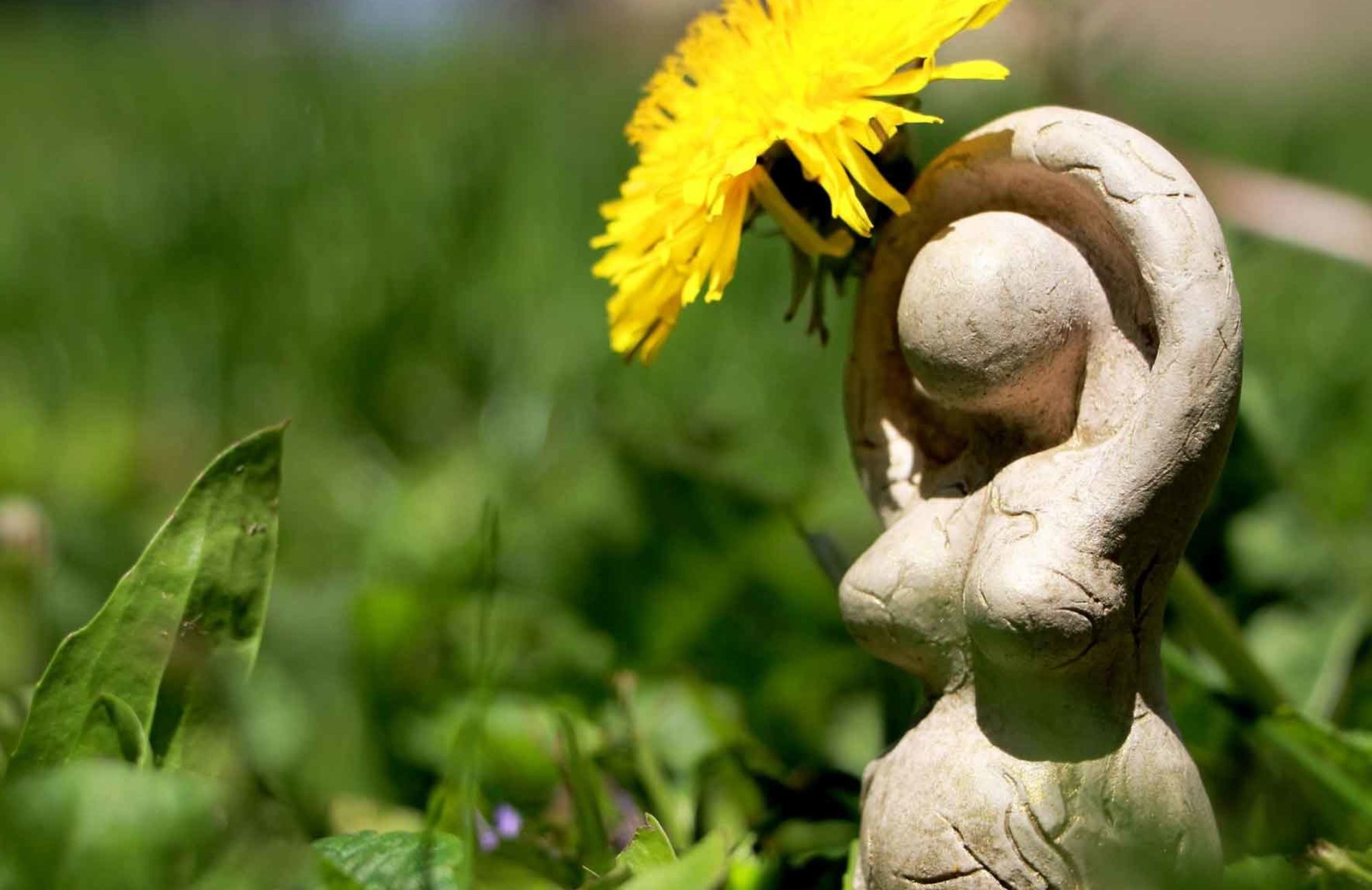
Yemanjá: Wisdom from the African Heart of Brazil is a documentary exploring ethics, social justice, racism, ecological sustainability and power of community and faith, via the stories of four extraordinary elder female leaders of the Afro-indigenous Candomblé spiritual tradition, in Bahia, Brazil.
This is a beautiful, stirring film by Donna Roberts (producer/co-director, Donna Read (co-director, editor) and narrated by Alice Walker.
”It is so overwhelmingly powerful!….Not since viewing the photographs of the late Sylvia Ardyn Boone’s Radiance from the Waters and watching the film Daughters of the Dust have I seen such compelling visual images of Black women as institution builders, knowledge experts, and authoritative leaders (meaning not solely figureheads) in an African or African diasporic context.”
-Dr. Dianne M. Stewart, Associate Professor of Religion and African American Studies, Emory University
English Promo from Donna Carole Roberts on Vimeo.
During the trans-Atlantic slave trade, slavery’s brutal history was transformed into a vibrant religio-cultural tradition in Brazil, the world’s largest Catholic country. Candomblé is a brilliant example of resilience, profound dedication to one’s heritage and the forces of nature that sustain us all.
The film’s story is told primarily through the voices of women leaders of Candomblé. The eldest is Mãe Filhinha de Yemanjá-Ogunté, 109-years-old when last interviewed during her terreiro’s annual 3-day celebration to Yemanjá.
These women are not only keepers of the wisdom of this largely oral tradition, but also vital references in the wider communities in which they live. They create and support social and environmental campaigns and causes; they write books and public policy; they are sought after wise women within their spiritual communities and throughout their regions.
Through their voices and those of others, we come to know a tradition – thriving in metropolitan Salvador – which holds nature and community, elders and Orixás as sacred. The city’s annual Festa de Yemanja is a huge popular ritual and party, second only to Carnaval, with thousands from all backgrounds offering flowers and other gifts to honor the great Mother Goddess.
The film’s narrator, Pulitzer Prize winning author Alice Walker, says of this film, “When I look into the faces of these great teachers, who have kept the faith the world, now in its direst hour, most needs, I am humbled and, yes, amazed. For this is what Truth means. No matter how hidden or abused, how enslaved and denied, It survives.”
Yemanjá will be presented on Saturday night of our conference.






You must be logged in to post a comment.